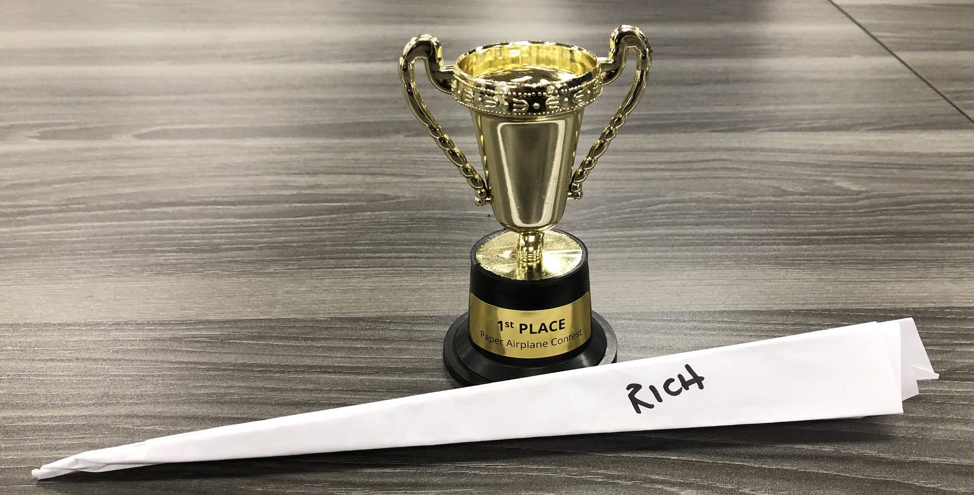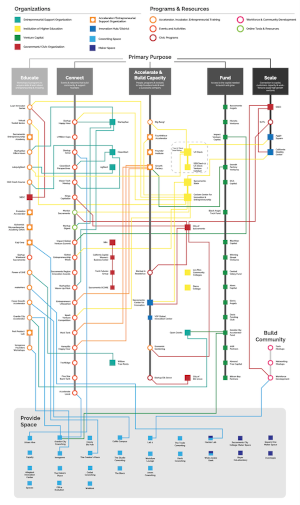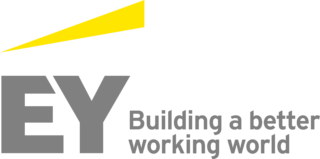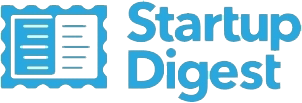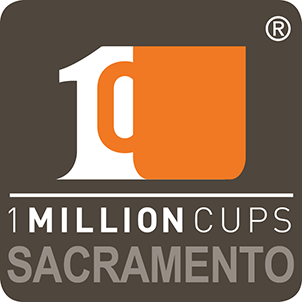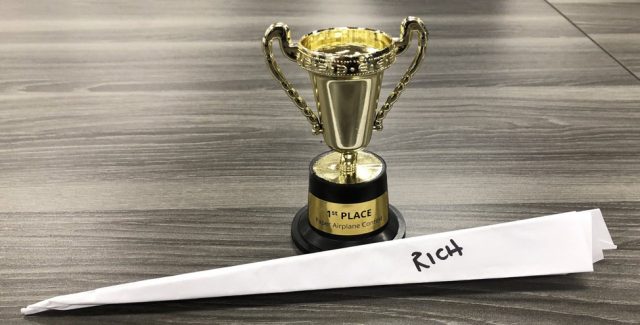
McClellan Innovation Center held their grand opening on August 15, 2018. It was a great event with catered food, adult beverages, and … a paper airplane contest. The Center’s Director, Graham McBain, got the idea from an event he attended at another accelerator. He said that it turned out to be quite fun and was also an exercise in engineering.
Personally, I didn’t expect to participate but found myself doing so and having a lot of fun. In taking part in this activity, I found myself thinking that it was also a metaphor for the startup process. Here are some of the lessons that I found startups can learn from a paper airplane contest.
1. Know the Objectives
As people entered the contest and started folding paper, the creations were varied. Some created gliders that looped and others created planes that were quite beautifully designed. However, the rules of the contest stated that the plane that traveled the farthest would win. In similar manner, startups really should have clearly defined objectives that they work towards. Sadly, I’ve seen too many startups work towards nebulous goals.
2. Do the Research
One of my friends took the contest deadly seriously and researched paper airplanes before the contest. She didn’t know much about the subject but because of her research, her plane did well. Research is something that every founder needs to do before they start their endeavor. They need to study the market, technology, and competition before they go on their entrepreneurial journey.
3. Create Rapid Prototypes and Fail Fast
When I started this, I made several different types of paper airplanes from my childhood memory. I tested each one several times and entered the plane that went the farthest. Ideally a startup needs to do the same. Making a product should be a series of tests that the entrepreneur makes in order to see if it’s viable in the market. For example, after a year of little experiments, Netflix came up with their winning business model of their subscription based DVD rental service that had an online DVD queue with no due dates and no late fees.
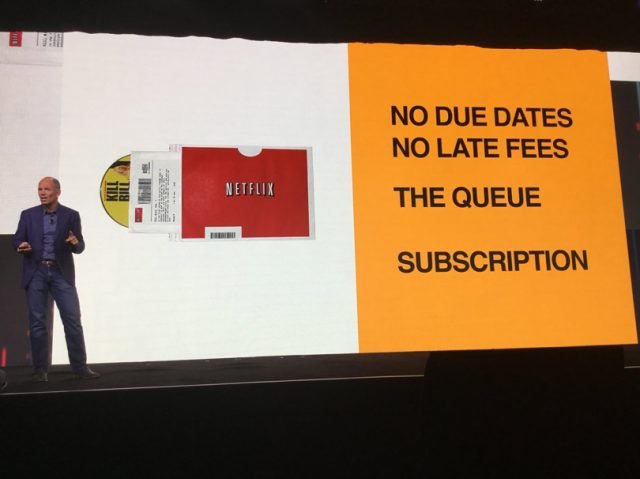
4. Adapt to Unforeseen Conditions
The actual competition was done outside at the top of some stairs with the competitors throwing their planes in several heats. The one thing people didn’t anticipate was the wind. There were actually headwinds that caused a few planes to fly behind the starting line. In this situation, there was enough time for a person in the later heat to change their plane to a configuration that was less susceptible to the wind (no one did though). In business, there will always be unforeseen conditions and a successful entrepreneur will need to adapt.
5. Have Fun
Many of the people in this competition noted that it was quite fun and it made them feel like a kid. An entrepreneur will spend countless hours on their business. If they aren’t having fun, it becomes a chore. I believe if an entrepreneur enjoys their work, the passion will show and it will ultimately lead to success. For example, Twitter Co-Founder, Biz Stone, was working long hours at a startup and realized it wasn’t enjoyable. Twitter was a side project he was working on that he found fun and he decided to focus on that. The rest is history.
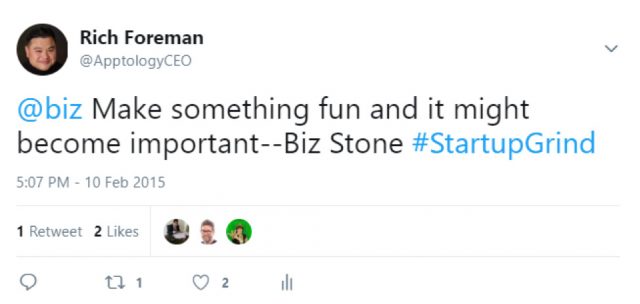
6. You Need to Play to Win
If you haven’t figured it out yet, I actually won the paper plane contest (see picture at top) and got an awesome plastic trophy and 2 free months of co-working. The reality was that I was a bit of a humbug and wasn’t planning on participating but I’m really glad that I did (obviously). Over the years, I’ve heard of lots of people say they thought of the idea of Amazon, Netflix, or some other billion dollar business before they came to market. Which begs the question of “Why didn’t you do anything?” The point is that ideas are cheap and to be successful, you need action.
7. The Need to Market
Admittedly, this article is a shameless vehicle to brag about me winning the paper airplane contest. By the time you read this, most people at the event will have forgotten about it. This illustrates the need for a startup to market their product and successes. Who knows? Years later, a VC may read this and realize they need a creative paper plane engineer.
If you get the opportunity to participate in a paper plane contest, I highly recommend that you do. If you don’t, hopefully you’ve picked up a few pointers from this article and it helps you with your entrepreneurial endeavors.

